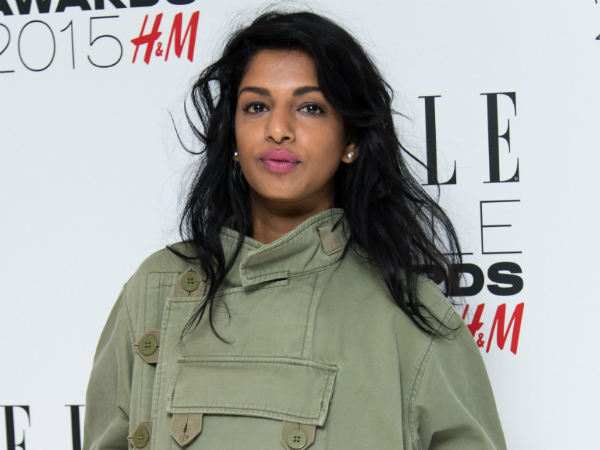
Getting the Oprah co-sign can make or break an artist’s career. So when M.I.A. was at peak fame, rubbing shoulders with the talk show mogul at a party, it was devastating to get the cold shoulder from one of the most powerful women in the world
In a Rolling Stone interview, the Tamil rapper remembers well what it was like to have her outspoken social views erupt into a war of words with Oprah:
In 2009, Time nominated me for one of the most influential people of the 21st century or something and I met Oprah at that party. And I was like, “Hey, people are gonna f*cking die in my country. Like, please pay attention.” And she was like, “You’re sh*t because you were rude to Lady Gaga and I’m not talking to you. And I’m gonna interview Tom Cruise jumping on my sofa, so f*ck off.”
Did she really react like that? That’s crazy.
Yeah, she didn’t talk to me. She shut me down. She took that photo of me, but she was just like, “I can’t talk to you because you’re crazy and you’re a terrorist.” And I’m like, “I’m not. I’m a Tamil and there are people dying in my country and you have to like look at it because you’re f*cking Oprah and every American told me you’re going to save the world.”
That was harsh. M.I.A. is giving the snap version here, but goes on to describe how Oprah using the t-word put a major dent in her public image:
Everybody in the media was calling me a [terrorist]. It was horrible because even my friends and people in the music industry had to disown me. The pressure got so intense. The media turned against me, my ex-boyfriend turned against me and became a pawn to actually do that and, yeah, it’s like it was this really difficult time — to be like, no, this is real, this is real, this is real. It was a really difficult time because I felt that what I’d done up to that point is offered really positive things and had music and fashion and visual stuff that represented something that was positive and not negative. I don’t know, you could debate the gunshots [played over the music at her shows], but generally if you came to my show you did not go away feeling sad and you did not go away in a negative way. You went away having experienced a whole bunch of happy things and you felt empowered.
The negative effects of that label have haunted M.I.A. but her reputation as a powerfully articulate and versatile artist are intact as her debut Arular reaches its 10-year birthday. Check out the in-depth interview by Paul Cantor of Rolling Stone.
(Via Rolling Stone)






